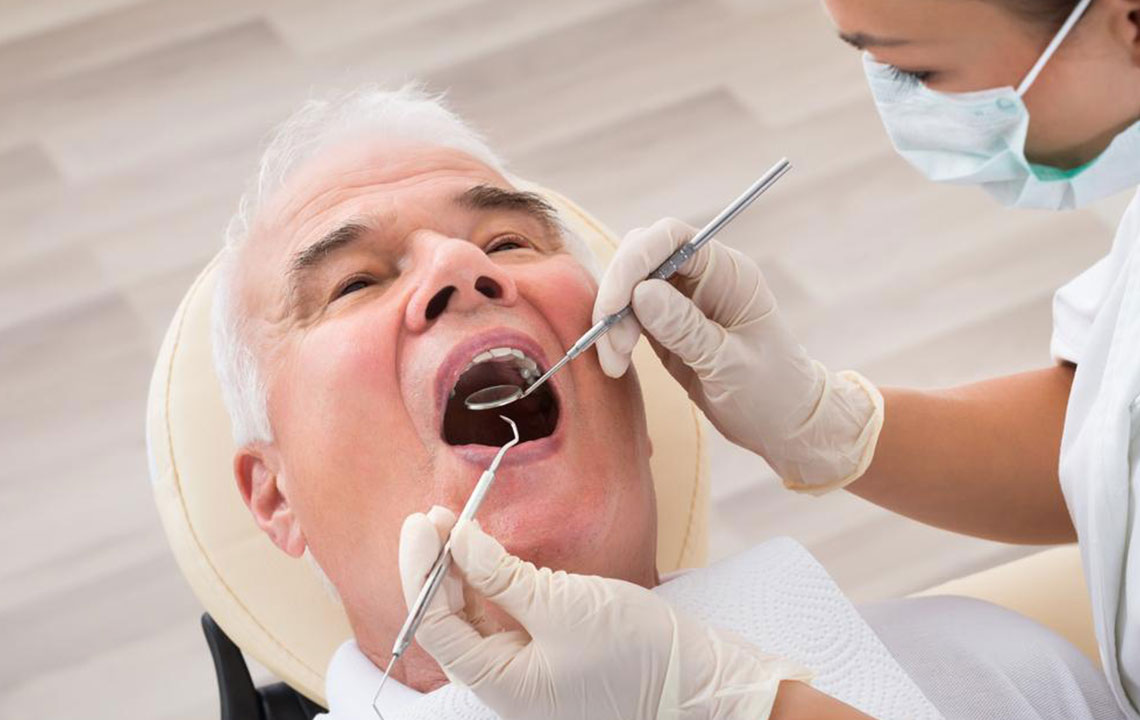When and Why You Should Consider Dental Crowns
Discover when dental crowns are necessary, their benefits, and cost considerations. Crowns restore damaged teeth, improve aesthetics, and prevent further oral health issues. Learn how to choose the best option for lasting results.
Sponsored

Damaged teeth due to decay, trauma, or wear can alter their appearance and structure. Dental crowns, also called caps, are placed over compromised teeth to protect, hide, and restore their natural shape when fillings aren't enough. These crowns can be made from metals, ceramics, porcelain, or resin. Here are key situations where a dental crown becomes necessary:
Reasons to Choose a Dental Crown
In cases where delaying treatment isn’t advisable, a dentist may recommend a crown instead of a simple filling:
Broken or Cracked Tooth
If your tooth is chipped or fractured, a crown is highly recommended to prevent further damage and infection. It stabilizes the tooth and reduces the risk of additional fractures.
Severely Decayed Tooth
A crown can contain bacteria and prevent decay from affecting neighboring teeth when decay is extensive.
Large Fillings
Over time, large fillings may become loose or not fit well. Crowns offer stronger support and improve aesthetics, making them a better solution than filling alone.
Advantages of Dental Crowns
Dental crowns offer several benefits for restoring oral health:
Less Invasive Procedure
Compared to more complex restorative surgeries, crowns are straightforward and minimally invasive, providing a long-term solution.
Enhanced Appearance
Crowns improve the look of teeth affected by discoloration, chips, cracks, or malformation, making them a popular choice for cosmetic enhancement.
Durability
Constructed from strong materials, crowns can endure biting, chewing, and grinding for up to 30 years with proper care.
Preserving Severely Damaged Teeth
Trauma or decay can compromise a tooth's integrity. Crowns restore and strengthen fragile teeth, preserving their function and preventing extraction.
Protecting Dead or Infected Teeth
After a root canal, crowns are essential to prevent the remaining tooth from disintegrating, especially in molars.
Cost Factors
The price of a dental crown varies depending on the material, reason for placement, and dentist's charges. Budget options include stainless steel crowns costing around $200–$300. Premium options, like porcelain-fused-to-metal crowns, range from $700 to $1,000, offering durability and aesthetic appeal.
Choosing the right crown involves balancing cost, quality, and longevity. While affordable options can be tempting, investing in high-quality crowns may offer better durability and long-term savings, reducing the need for future repairs or replacements.






